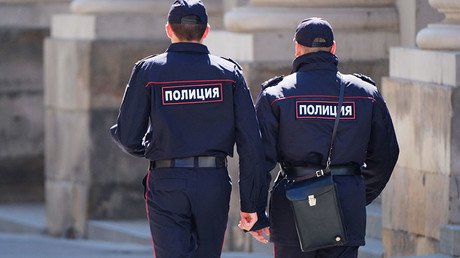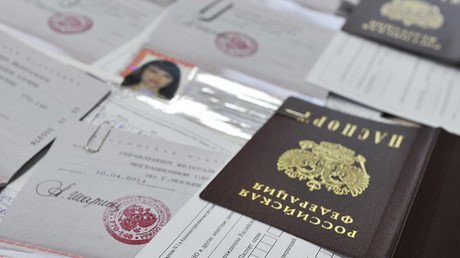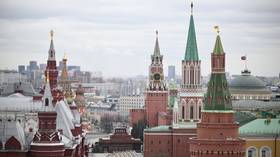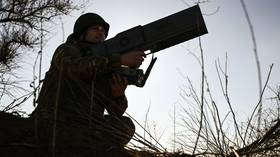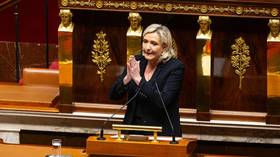Terrorist recruiters set to get life sentences after Duma committee approves bill amendments
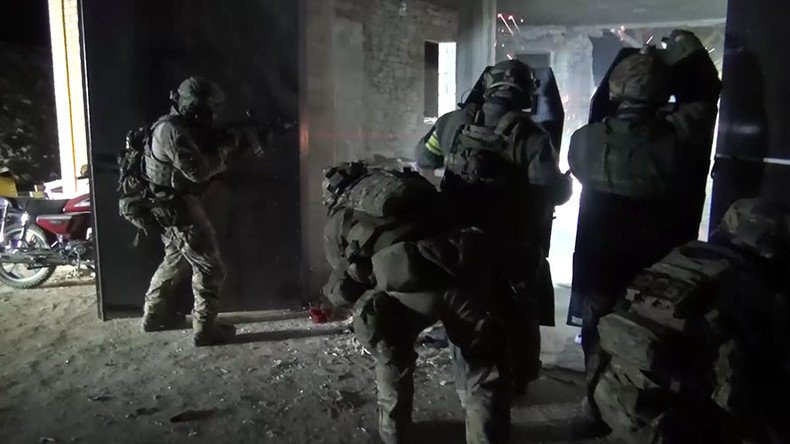
A State Duma committee has recommended that MPs approve a bill toughening punishment for terrorism-related crimes, despite finding contradictions in the document that required correction.
The bill in question was drafted in late July by a group of lawmakers representing the parliamentary majority party United Russia. Back then, the main sponsor of the bill, MP Adalbi Shkhagoshev, told reporters that he wanted to introduce life sentences as a punishment for organizing terrorist groups and communities, sponsorship of terrorism, undergoing terrorist training, hostage taking, and the hijacking of aircraft for terrorist purposes.
Shkhagoshev said that his initiative had already received approval from parliamentary experts and the government. The draft bill published on the State Duma website has been signed by several senior lawmakers, such as the heads of the lower house committees for security and defense and their deputies.
On Tuesday, the State Duma Committee for Legislative Work released an official appraisal of the bill in which it recommended the document for approval in the first reading, but noted it requires several corrections. In particular, parliamentary experts noted that the draft lacks a clear definition of “participation in a terrorist organization or organization of terrorist activities,” and also that naming recruitment of terrorists of organizing terrorist groups “the most dangerous forms of assisting terrorist activities” is against the logic used in standard writing in criminal law.
Shkhagoshev told the RBC news site that the proposed changes were of a technical nature and promised to make all the necessary corrections before the bill is sent to the lower house for the second reading.
Russia has been gradually tightening its anti-terrorism laws since the mid-2010s. In July 2016, President Vladimir Putin signed into law a package of bills ordering up to 10 years in prison for anyone engaging in international terrorism, and up to 15 years behind bars for anyone found guilty of financing terrorist groups. Attracting new recruits to a terrorist organization was also criminalized, and will be punished with prison terms of between five and 10 years.
The new bill also lowers the age threshold for terrorist crimes, such as terrorist attacks and hostage taking, to 14 years from the current 16. Presently the age of minors in Russia is 16, with exceptions for such crimes as murder, rape, kidnapping and several others. For these, criminals are deemed to be responsible from the age of 14.
Another provision stipulates fines of between 300,000 and 1 million rubles ($4,600 - $15,400) or prison terms ranging from five to seven years for public calls to terrorism or justifying terrorist crimes, including via the internet.
